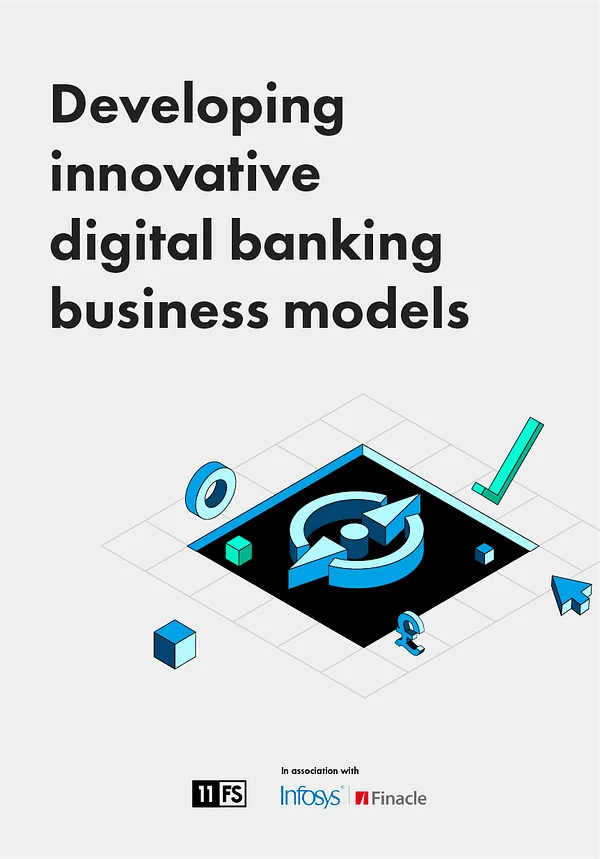The 11:FS research team recently finalised the first part of a major piece of work examining the services available to US Small to Medium-sized businesses. Here’s some of what we discovered.
When you think of American businesses what comes to mind?
It’s likely the mega brands like Amazon, Converse or Coca Cola are the first you can recall, with good reason. We see them throughout our daily lives.
Yet, small- and medium-sized businesses (SMBs) are the US economy, accounting for 98% of all business. They’re also intrinsically linked to the powerful notion of the American Dream.
In talking to these owners during our latest research project, the 11:FS team found passionate, brilliant entrepreneurs who were doing all they could to make their business a success. Their ingenuity, creativity, and commitment to creating something they can take pride in has been inspiring to observe.
Unfortunately when it comes to their finances, we discovered they are not getting the support they need.
Throughout the months of research, including 12 in-depth interviews with owners across nine states, supplemented by a quantitative survey of more than 1,000 SMBs, some clear patterns emerged.
Services not products
Money is the lifeblood of SMBs. Their cash flow and working capital can make or break their business, no matter how good their products or services are.
Historically, banks have played a huge role in supporting America’s small businesses.
In today’s digital world, the nature of small businesses has changed. There’s a huge gap between the jobs SMBs are trying to get done and the products that banks are offering them. As this services gap has widened over the years new kinds of competitors have entered the market and served SMBs in areas they were underserved and overcharged. Banks now face a different kind of competitor.
We know that financial management is not business owners’ core competency nor their primary interest.
It’s apparent the products banks traditionally offer - accounts, loans and credit cards - have not moved on and don’t help owners in crucial areas.
SMBs don’t want financial products like these.
They are no different to the regular financial products they use day-to-day to buy their groceries - 62% of the SMBs we surveyed don’t believe their business banking offers any additional benefits compared with their personal accounts.
So while 51% use one of the Top five banks (Bank of America, Citibank, Chase, PNC and Wells Fargo) 67% also use one of the top six business platforms (Kabbage, QuickBooks, PayPal, Shopify, Stripe, Square).
That mix is the result of them trying to find workarounds for what is in the market to fit their unique requirements. These new competitors are differentiating on digital service design, enabling them to compete effectively selling traditional financial products.
Finance often isn’t ‘their thing’: the opportunities to serve
The dressmaker, the barber, the bakery owner - they are all highly skilled.
However, we know that financial management is not business owners’ core competency nor their primary interest. They need help and new digital services can help close the gap.
Only 18% of the SMBs we talked to ‘completely agree’ that banks are providing the services they need to effectively run the financial side of their business. They need better services to help them with their finances so they can focus on what they do best in a fast-moving digital world.
They want services that minimise their time on financial management so they can maximise their time on what matters: running their business.
There is a huge opportunity for banks and fintech firms to rethink SMB financial services for the digital world.
These service areas all relate to money. By focusing on the Jobs to be Done (JTBD) for these business owners, exciting opportunities to develop new intelligent services become evident.
Of the 11 Jobs our research identified, the most important are:
- Managing cash flow in a coherent way
- Protecting personal assets from the business’s finances
- Making smarter and proactive business decisions based on financial data
The growth opportunity
There is a huge opportunity for banks and fintech firms to rethink SMB financial services for the digital world. A big part of the solution is shifting away from cookie cutter, commodity products towards digital services that meet the unique and diverse requirements of SMBs. With the significant service gaps we’ve identified in the research, doing so could see those propositions win significant market share.
Pre-pandemic, hundreds of non-banks were entering the market to offer new digital services to this largely underserved segment by incumbent banks. During and post-pandemic, innovation of agile digital services will only accelerate, intensifying competition.
For banks this means opening yourself up to rethinking the possibilities for SMB financial services by learning from the disruptive moves in the market.
In today’s competitive landscape this involves observing the business platforms that enable SMBs to build upon them, such as PayPal, Stripe, Square and Xero. They’ve done this by designing propositions around end-to-end customer journeys. It’s super effective and any business can do it.
They will need a proactive adviser who can help guide them through a recession and throughout the recovery phase
They are also truly digital so their response to the pandemic has been extremely swift. For example, within weeks Shopify launched a cash flow calculator to help SMBs with one of their most difficult JTBD, cashflow, both before and during the pandemic.
Moving beyond solving JTBD
However, new services won’t win just by solving these Jobs alone. They need to connect with customers on a deeper emotional and cultural level - SMBs expect a service as personalised as the one they provide to their own customers.
Developing new services around underserved JTBD is super important. But so is telling a purposeful and engaging story by tapping into the zeitgeist. The question to ask yourself is: if your proposition never came to launch, what progress would society and culture have missed out on? This underpins your Story to be Told - more to come on that another time.
This has only been heightened by the Coronavirus pandemic. People expect a new level of care and support, which means banks and fintechs will have to do more than simply supporting an SMBs finances. They will need a proactive adviser who can help guide them through a recession and throughout the recovery phase.
Service providers will need to consider how their proposition or business becomes a genuine force for good. Ask yourself, how can you help small business owners reclaim the American dream in a post-pandemic world?
SMBs don’t want a bank. They want to enjoy running a business that they are proud to call their own.
It is incumbent on the financial services industry to create the digital services they need. Now, more than ever.
The full research findings and the 11 Jobs to be Done we identified for US SMBs, can be downloaded here.





.svg)
.svg)






